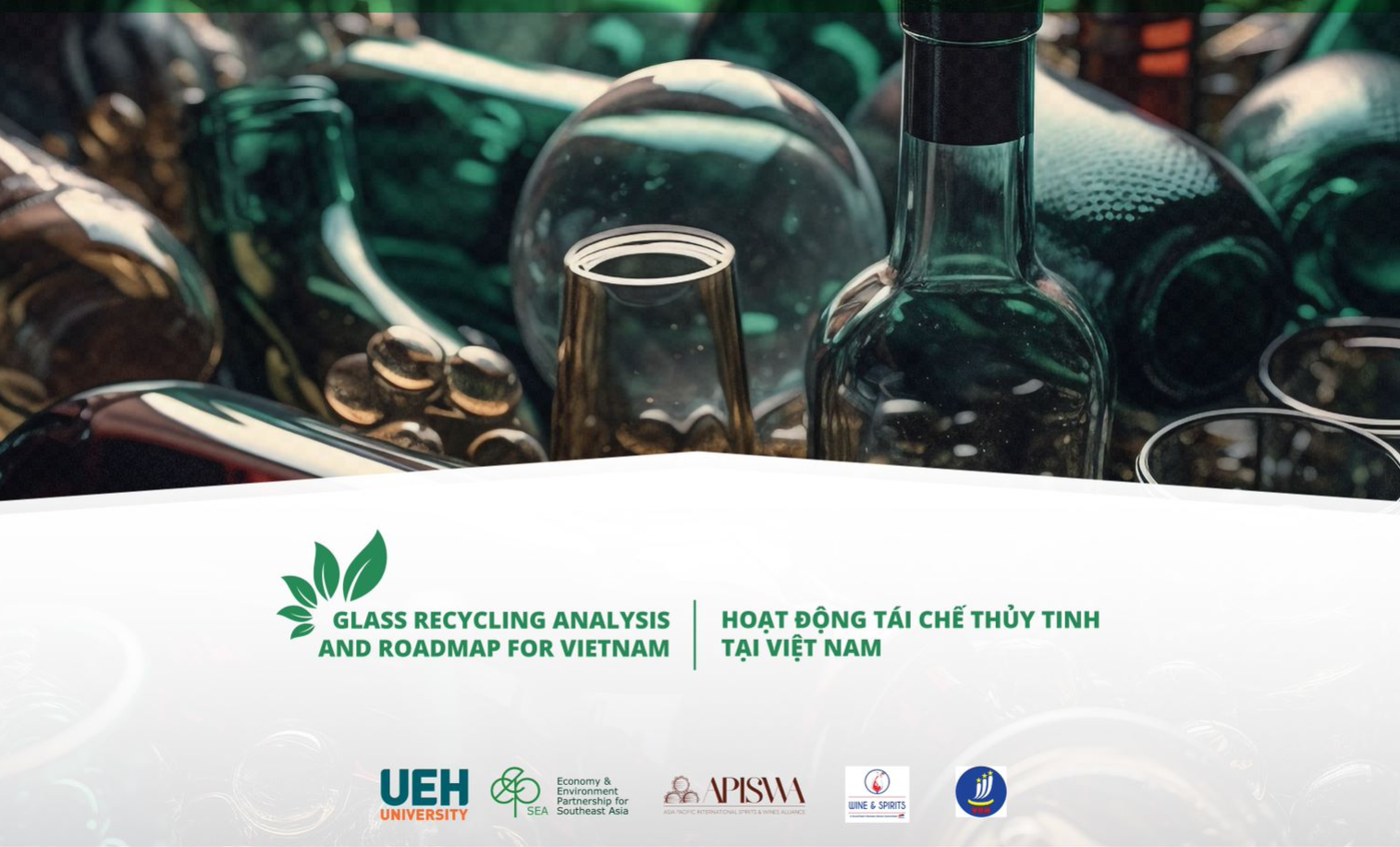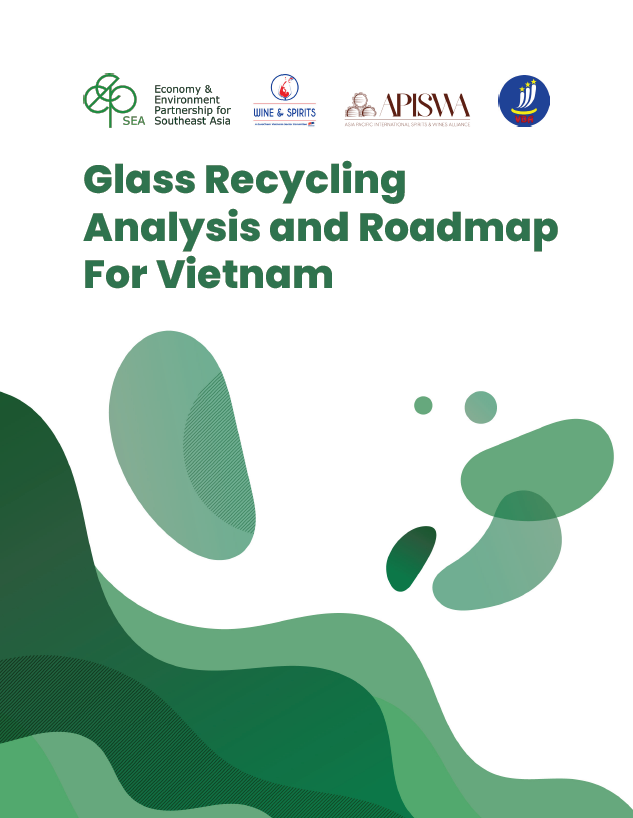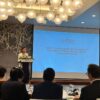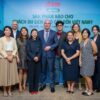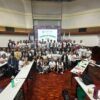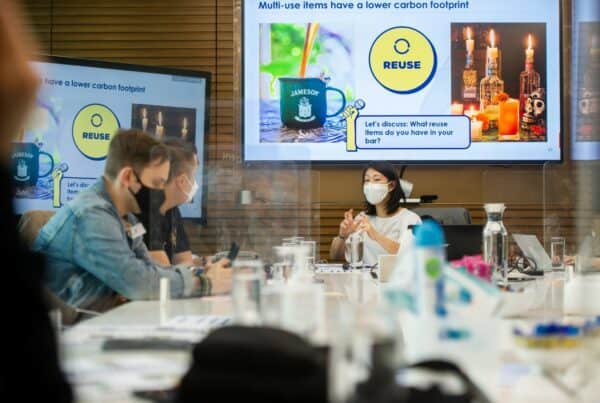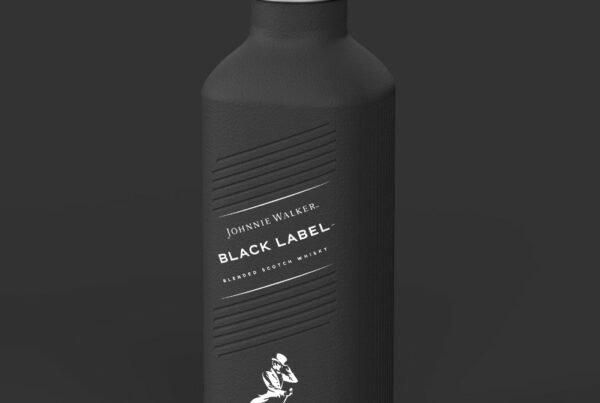APISWA, together with the Economy & Environment Partnership for Southeast Asia (EEPSEA), will be launching a joint-report entitled: Glass Recycling Analysis and Roadmap for Vietnam, on 15th January 2024, with a launch event organised at the Pan Pacific Hotel in Hanoi, Vietnam.
The study investigates the glass waste pathway in Vietnam, with 24 in-depth interviews conducted and 216 respondents along the waste value chain surveyed, also revealing that solid wastes, especially glass bottles, are typically not segregated at source. The report also presents a stakeholder map showing the pathway of glass waste. In Vietnam, the glass production industry is predominantly comprised of small-scale enterprises, which primarily show interest in non-coloured glass cullet sourced from domestic waste.
Adopting Extended Producer Responsibility (EPR) regulations presents varied challenges for both FDI firms and local enterprises. While numerous larger firms have already initiated their own collection pilots, smaller firms still need to prepare adequately for EPR policies. Producers along the value chain might require a timeframe of about three and six months, to evaluate the feasibility of different EPR options, particularly considering the limited infrastructure and a general lack of readiness.
In this scenario, there is an opportunity for collaboration with the industry to test, pilot, and expand various models. These efforts are designed to determine the most effective approaches in Vietnam and to contribute towards achieving the Ministry of Natural Resources and Environment’s (MONRE) glass recycling goals.
Moreover, to improve glass waste management in Vietnam, a range of legal, market-based, and behavioral instruments should be employed. These measures consist of promoting waste segregation at its source, facilitating economically feasible initiatives, encouraging eco-friendly packaging design, integrating Extended Producer Responsibility (EPR) and Corporate Social Responsibility (CSR) programs, and ensuring transparent and efficient use of environmental funds and EPR fees.
Read the full report here:
Media Coverage from the event:
- https://tainguyenvamoitruong.vn/neu-khong-tai-che-rac-thai-thuy-tinh-se-ton-tai-vinh-vien-voi-moi-truong-cid112640.html
- https://bnews.vn/doanh-nghiep-san-sang-thuc-hien-trach-nhiem-epr/321539.html
